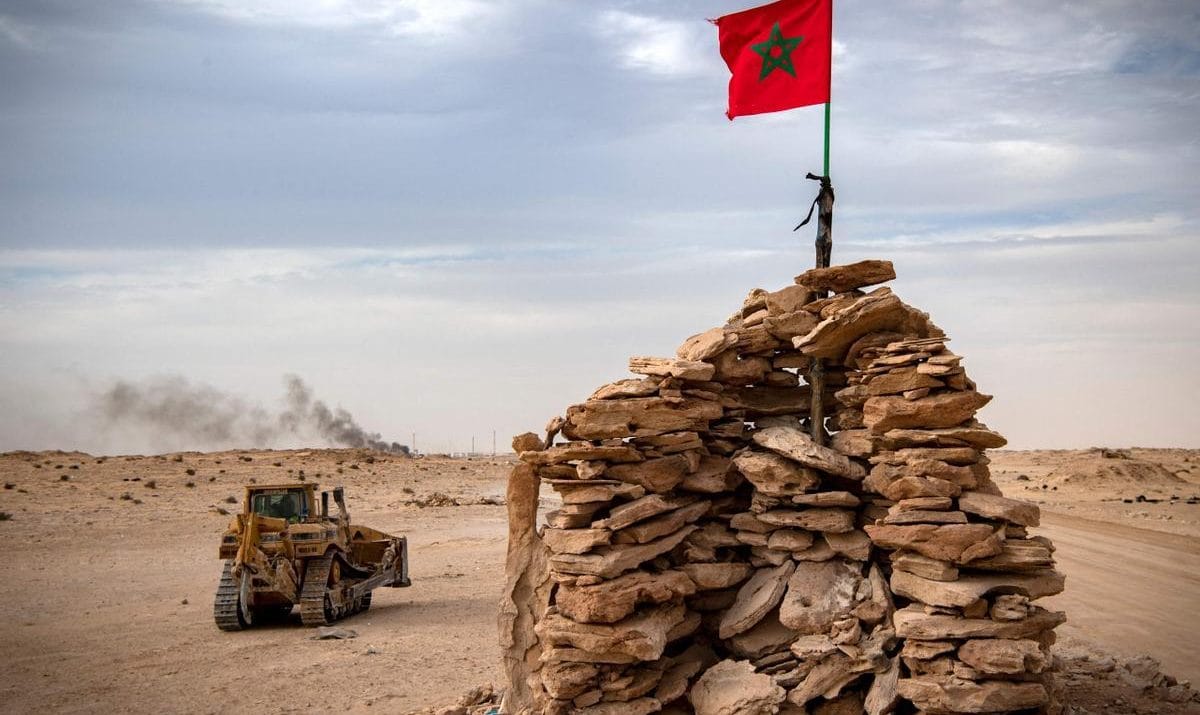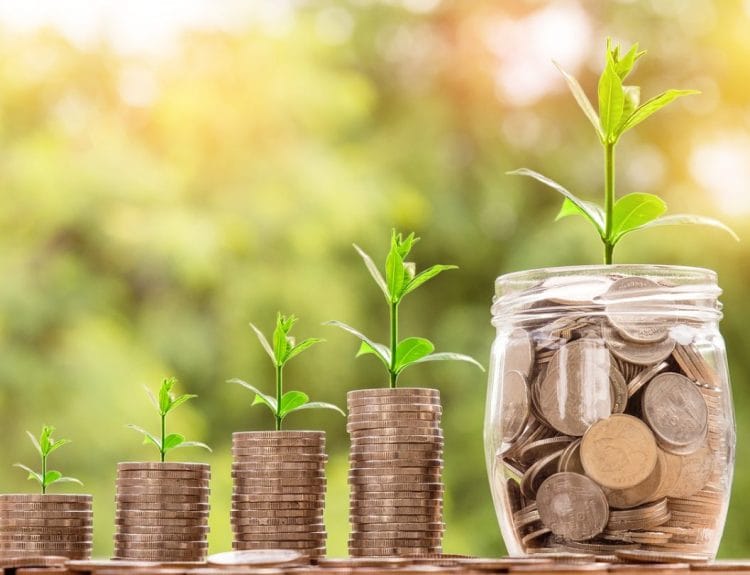- It has increased by 20% in the middle of the desert, north of the city of Dakhla
- Morocco is expected to complete it by 2028 and have it operational by 2030
- The economic center will feature an industrial zone intended for 300 companies
Morocco is implementing an investment plan in Western Sahara to transform it into a hub for maritime trade with Sahel countries, improve its land connections with Europe and Africa, and promote the development of agriculture, renewable energies, and tourism
In the middle of the desert, 40 kilometers north of Dakhla, the southernmost city in this disputed territory controlled by Morocco, construction is underway on the Dakhla Atlantic Port, which is already 20% complete and will be located nearly one and a half kilometers offshore on the Atlantic platform, connected to land by a bridge
This project, with a budget of 13,000 million dirhams (1.2 billion euros) for its first phase, was presented to the international press during a trip organized by the Moroccan government, and it is the most ambitious component of an investment package that Morocco is implementing in the Dakhla region since the end of the pandemic
There is room for everyone
One of the objectives of the port, expected to be completed by 2028 and operational by 2030, is to establish an onshore industrial zone for 300 companies, aiming to attract raw materials trade from West Africa and specifically from the Sahel region. This project is part of King Mohammed VI's initiative to provide a new Atlantic outlet for these countries, which currently face governance and security crises but are rich in precious metals and minerals
According to Nisrine Iouzzi, Director of Planning, the infrastructure will include a commercial port, a fishing port, and a shipyard, with a capacity to handle 35 million tons per year. Iouzzi states that the port will be of a similar size to Casablanca's and will be 'complementary and competitive, not competitive, with the port of Dakar
We have space for everyone, and there is demand,’ says the engineer as she observes dozens of concrete blocks ready to be placed. She also adds that the port plans to establish maritime connections with Europe, North America, Latin America, Africa, and the Middle East
A highway of over 1,000 kilometers
Another planned investment by Morocco in Western Sahara is the construction of a 1,055-kilometer highway connecting Tiznit (southern Morocco) to Dakhla, costing 9 billion dirhams (843 million euros), and expected to be completed by 2028 to promote land trade
According to Yanja El Jattat, president of the Dakhla Oued Ed-Dahab region, which covers the southern half of the former Spanish colony and has a population of 200,000 people, this highway will unite 'Europe, Morocco, and Sub-Saharan Africa
30% private capital
El Jattat adds other investment plans: in fishing, as the region has the capacity for 600,000 tons of fish per year; in tourism, as a destination for surfing and kite surfing; in agriculture, with a desalination project to irrigate 5,000 hectares of cherry tomatoes, melons, and berries (currently there are 1,000 hectares cultivated); and in renewable energies, thanks to an average wind speed of 35 kilometers per hour
Everything to 'make Dakhla an economic center,' says the president to journalists, and ensures that all countries are 'welcome' to invest in the region, which now has, according to its Regional Investment Center, 70% Moroccan public contribution and 30% private capital from European, American, and Gulf countries
Spanish entrepreneurs
According to El Jattat, Spanish entrepreneurs are the 'main partners in fishing' in Dakhla, along with the Japanese, and they are collaborating with Moroccan partners while 'seeking synergies in agriculture with Moroccan investors
Western Sahara, de facto administered by Morocco by 80%, is a territory classified by the UN as undergoing decolonization and disputed by Sahrawi independence activists, who consider these investment policies to be 'illegal under international law
Significant acceleration
Ali Salem Tamek, President of the Collective of Sahrawi Human Rights Defenders (CODESA), one of the main Sahrawi organizations in the territory, has noted a 'significant acceleration' of Moroccan investments in the last two years, as he explained to EFE.
Tamek denounces that these investments contribute to the 'demographic transfer' in this territory and the 'illegal exploitation of its resources,' aimed at attracting investments from 'international actors,' which, in his opinion, 'makes the resolution of the conflict almost impossible
Source of the article: eleconomista.es






